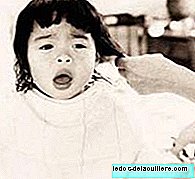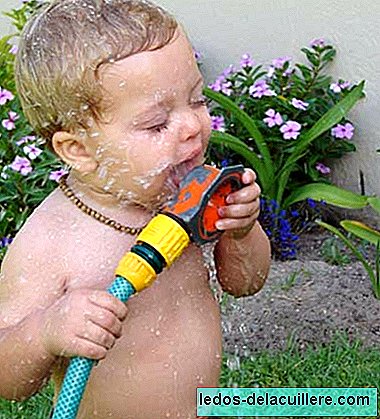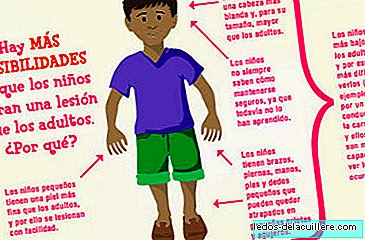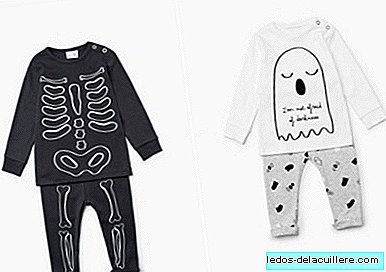
If in full-term newborns, with an adequate weight, it is already observed that artificial milk has disadvantages with respect to normal feeding with human milk, in premature babies or those born with very low weight the difference is maximized, the risks being even older.
A recent study, published in the journal Journal of Human Lactation, has managed to show that artificial milk increases the risk of kidney damage in very low birth weight infants, and it helps us all to understand why it is so important that these babies are breastfed, why donations of breast milk are so important, and why health professionals have to be lactation experts to be able to help women in case problems arise.
Breast milk gives little work to the kidneys
Breast milk is specially designed for humans, so it is the best for the offspring of our species. In addition, the milk of a baby adapts to the moment in which it is born, so that the milk of a baby of very low weight is very different from that of a baby born at term.
Thanks to the specificity of the milk, and thanks to the adaptability, the majority of nutrients present in breast milk are in a proportion that barely departs from the nutritional requirements of the baby, and therefore the kidney barely has work to do (There is very little left and there is not much to filter).
Artificial milk, being modified and adapted cow's milk, and being standard for all babies (although there are special formulas for those of low weight), can have some excesses in its composition and make the baby's kidneys have to work harder, causing a acute neonatal kidney injury.
Under this hypothesis, this study was carried out with 186 babies (114 breastfed babies and 72 formula-fed babies), and they saw that Babies receiving formula were 80% more likely to suffer acute kidney injury.
The importance of a global strategy in favor of breastfeeding
Starting life in a hospital for being born with very low weight (below 1,500 grams), adding a kidney injury in the first few days is not the best way to reach this world. That is why it is necessary a global strategy to reduce as far as possible these affectations, by feeding with breast milk.
I speak of, as I said at the beginning, talk with the mother so that she understands that in these babies breast milk is considered a medicine; to continue promoting the donation of breast milk in milk banks, to be destined for babies born early, or with a more fragile health; and that hospitals have trained and updated professionals to respond to any problem that may arise in breastfeeding.












